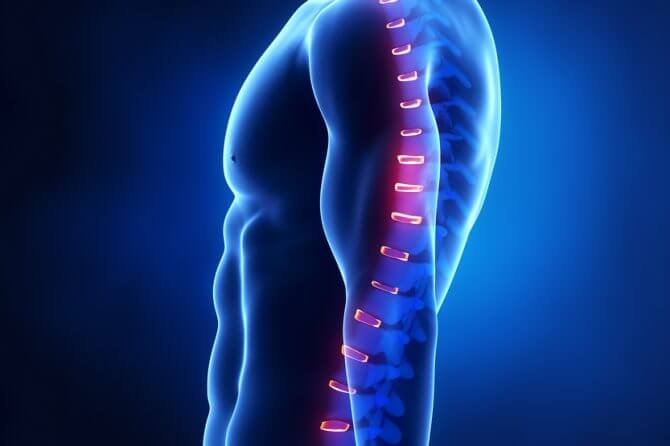A Healthy and Strong Foundation Begins Right From The Start
A babies’ brain connections are formed at an incredible rate. There are valuable things we can do to optimize this new development for a lifetime of new learning, knowledge, and sound mental health.
The AAP recommends and encourages parents and caregivers to begin reading at birth. They say that “reading regularly with young children spurs optimal patterns of brain development and establishes and strengthens parent-child bonds.
Read together every day – it’s a fun, family activity.
They Also Recommend:
• Rhyme, play, talk, sing, and cuddle together frequently during the day.
• Build routines for meals, play, and sleep, which help children know what to expect and what is required of them.
• Give rewards for everyday achievements (particularly for effort toward goals like helping), knowing that praise from those closest to a child is a highly effective reward.
• Develop relationships that are nurturing, mutual, purposeful, and lasting, which are the foundations of healthy first brain and child development.
According to STEM Starts Now, there are several more key ingredients that play an essential part in the developing brain and the connection between the baby and the parent to add
Responsive, Respect, and Repetition
• Responsive Caregiving
When the parent or caregiver uses warm interactions, the child is in the lead and the parent responds to what the child is interested in. If the child reaches for a ball, the parent comments on how the child is playing with the ball. Responsive interactions are back-and-forth communications between the parent and child and are very powerful in early communication. Babies begin to learn this back-and-forth communication as quickly as three weeks! Practice this by speaking to your baby throughout the whole day and watching their cues. When your baby looks toward the door, remark on the door, when your baby reaches toward a toy, hand them that toy, and tell them what it is.
• Respect
By giving respect to babies and treating them as people who have value and purpose, we lay and extend the foundation for their self-respect. Practice this by describing to your baby what you are doing before you do it, for instance; “I am going to ready for a bath.” Ask your baby yes or no questions even if they’re very young and may not be able to answer such as, “Do you want to play with the ball?” You can keep eye contact and interpret things going on in your baby’s environment.
• Repetition
Babies’ brains are capable of establishing connections in reply to what they see, hear, smell, taste, and experience. When actions are repeated, the brain connections become stronger. When babies hear the same stories or songs over and over again, the brain connections fire off, again and again, building and strengthening. You can help make connections stronger by deliberately establishing repetition. Play the same games and fingerplays, sing the same songs, tell the same stories, read the same books over and over. Repeating is the key to remembering.
Conclusion
All R’s are vital so that babies and toddlers have a nurturing foundation for development.
They help to stop social, cognitive, and emotional impairment. Which, in turn, serves to prevent kids later in life from choosing health-risk practices that may lead to illness, disease, and disability.
References:
Zero to Three – https://www.healthychildren.org/English/ages-stages/baby/Pages/The-Secret-to-a-Smarter-Baby.aspx
STEM Starts Now – https://stemstartsnow.com/5-rs-of-healthy-brain-development/


